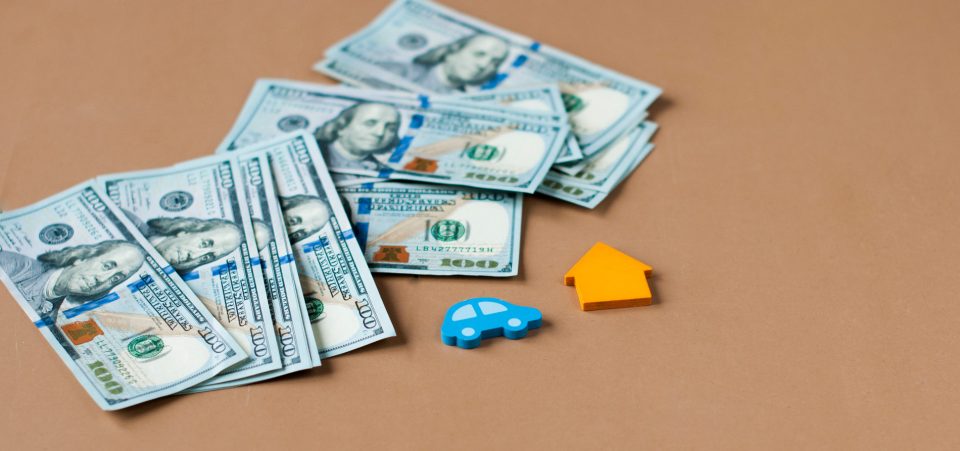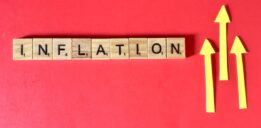As Interest Rates Increase, U.S. Housing Struggles
The Federal Reserve has raised the federal funds rate from 0.25% in 2015 to 1.5% in 2018. With this small increase in interest rates, we are seeing problems brewing across the board in the U.S. economy. Could rising rates lead to a recession in 2018?
The U.S. housing market is emerging as one of the biggest victims of the higher interest rates. Consider this: in January, sales of already built homes (existing homes) amounted to an annual rate of 5.38 million. This was 3.2% from the month earlier and down 4.8% year-over-year. (Source: “Existing-Home Sales Slip 3.2 Percent in January,” National Association of Realtors, February 21, 2018.)
What’s so troublesome? Well, January marked the second consecutive month where existing home sales declined. On an annual basis, this was the biggest year-over-year decline in three years.
There was one more problem: first-time home buyers are dissipating. In January, first-time home buyers were behind just 29% of existing home sales, down from 32% in December 2017 and 33% from January 2017. In a normal market, 40% of existing home sales are by first-time home buyers.
Sadly, this may just be a trailer of what’s ahead. Know this; the housing market is highly correlated to mortgage rates. The federal funds rate is the most basic interest rate. As it goes up, mortgage rates will go up as well. So all of a sudden, you will have a lot more Americans who won’t be able to buy homes.
Car Sales Tumbling
Beyond the housing market, look at car sales.
In January, the annual rate of total vehicles sold in the U.S. economy was 17.5 million. Go back to September 2017, and this rate was 18.9 million. If you do simple math, this represents a decline of roughly 7.4% in a matter of a few months. (Source: “Total Vehicle Sales,” Federal Reserve Bank of St. Louis, last accessed February 21, 2018.)
You see, thanks to low interest rates, car loans were easily available. Now, as rates are rising, car sales are dropping. Not surprising whatsoever.
U.S. Economic Outlook 2018: Odds of Recession Stack Up Higher
Dear reader, understand that the U.S. economy flourished on low interest rates. Easy money caused stocks to go through the roof and made homes affordable. Consumer spending jumped.
But you have to ask yourself what happens when interest rates go higher.
Investors must remember basic economics, and that higher interest rates impact consumption.
You see, consumption is really what drives the U.S. economy toward economic growth or toward a slowdown. When it comes to gross domestic product (GDP) calculations, for example, consumption makes up 70% of it.
If interest rates continue to go higher (and the Federal Reserve has promised that they will), don’t be shocked to see consumption statistics start to turn dismal. The housing market and car sales are foretelling this.
I have said it before, and I will say it again; higher interest rates could lead the U.S. economy towards a slowdown, if not an outright recession. The odds are stacking up higher as the days go by.






